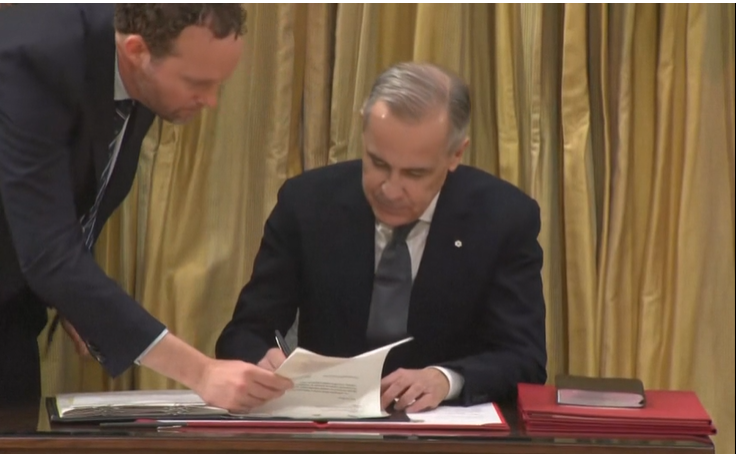Canada Increases Off-Campus Work Hours for International Students

Canada will allow international students to work up to 24 hours per week during academic terms, increasing the previous limit of 20 hours, even as the government moves to impose stricter controls on student visa approvals.
The change, effective from 8 November 2024, aims to give students more flexibility to manage study and living costs amid rising expenses. Off-campus employment, work performed outside the facilities of a registered institution, no longer requires a separate work permit, provided the student holds a valid study permit and is enrolled full-time at a designated learning institution.
Students may continue to work full-time during scheduled academic breaks. On-campus employment remains open to full-time post-secondary students, allowing them to take positions within their university or college for the duration of their study permit. Open work permits will continue to offer broader job opportunities, although some may include restrictions on occupation or location.
However, students enrolled only in English or French language training programmes are still not permitted to work off-campus without an additional permit. While the extension of work rights benefits current students, Ottawa is also tightening visa procedures, particularly for applicants from India and Bangladesh.
According to CBC News, the federal government is seeking new powers to cancel certain visa applications following an increase in fraudulent documentation. The Immigration Levels Plan for 2026–2028 projects just 155,000 new student arrivals, nearly half the target set the previous year.
The combination of expanded work rights and reduced admissions signals Canada’s effort to balance economic support for existing students with concerns about housing shortages, institutional capacity and visa integrity.





